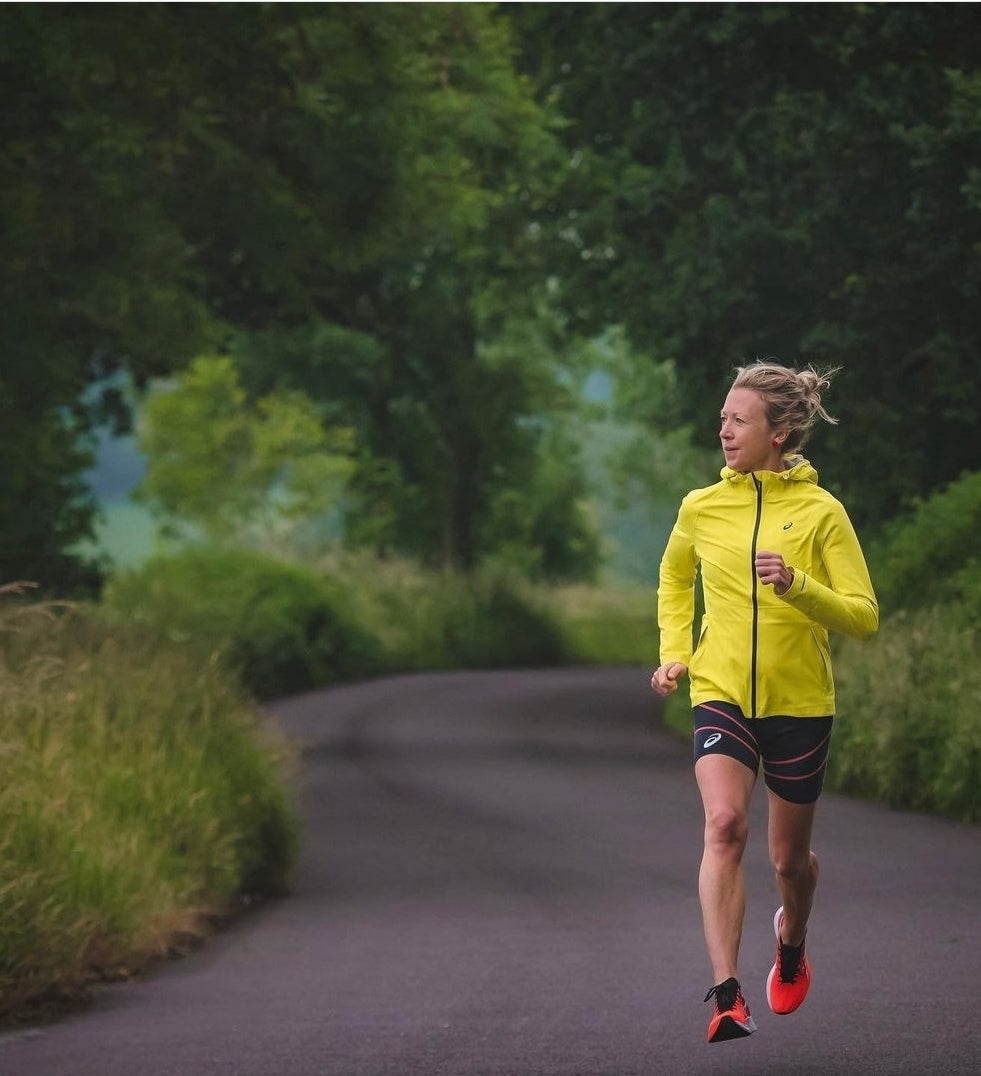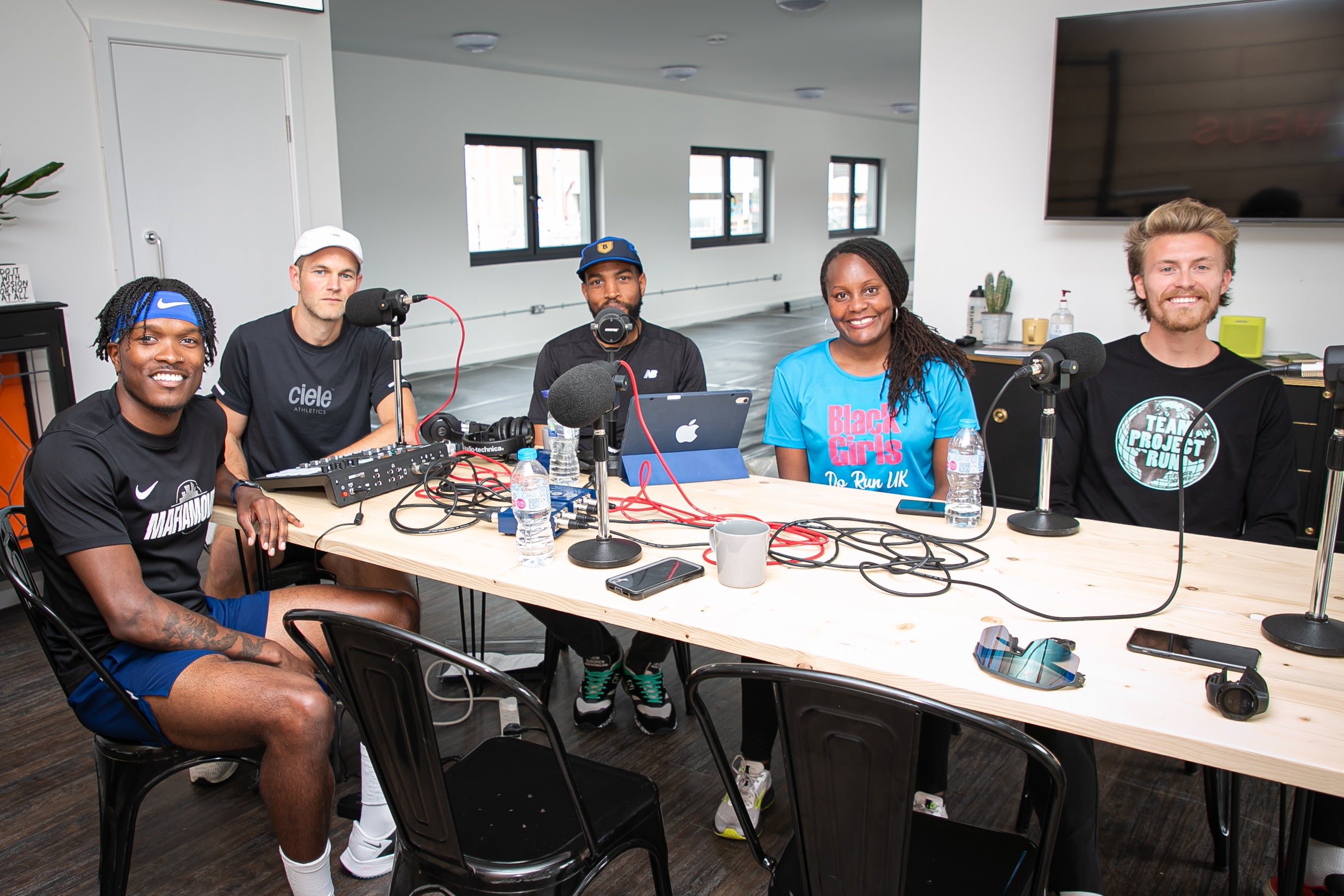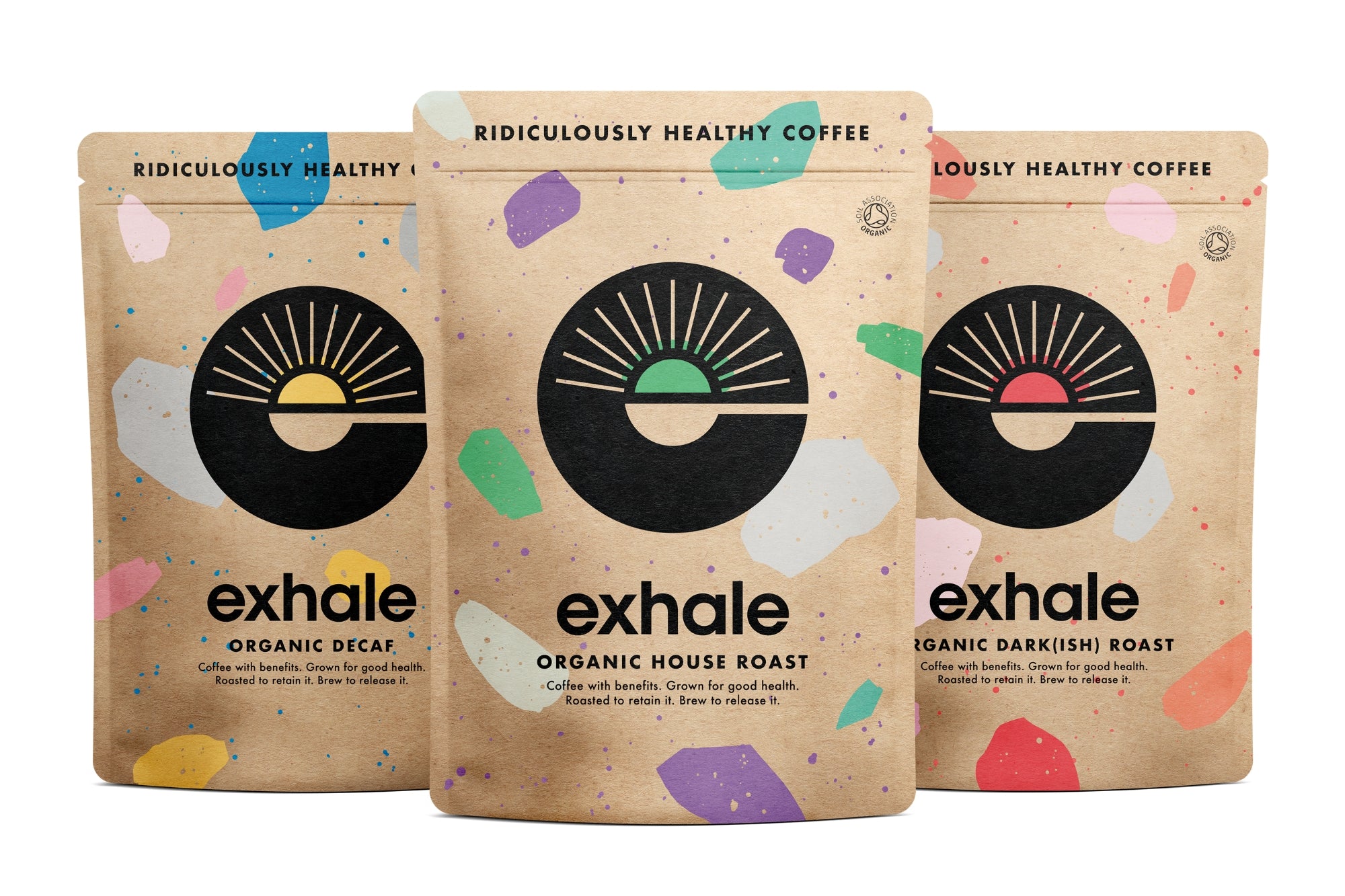What do you ask one of the true legends of running? Well... everything.
Holly Rush (pause for a moment of appreciation for the most perfect runner’s name we’ve ever heard), is an ex-Team GB marathoner, turned MUT runner. Nowadays she’s a gold medal-winning ultrarunner, pacer, and ASICS UK Frontrunner Community Manager, as well as the host of the Marathon Talk podcast. But, her road to running greatness kind of happened... by accident.
It all started, as with a lot of us, with a vague ambition to run a marathon and a printed-out training plan off the internet. When that worked, and Holly ran a sub three-hour marathon in Berlin she met with a coach at Bath University, started training for London marathon and within just a few months, managed to knock 11 minutes off her time.
And then, well, then began the journey to Team GB and beyond.
“I never ever thought that was something I was ever going to do or wanted to do,” says Holly. “I just didn't see that as something that I was capable of doing.
“But, I started training with a coach, and just continued in that vein. Building up consistency, building up my training, building up the volume of miles I was running... it's not magic. It's just increasing.”
From there every marathon began to get faster by a couple of minutes each time, giving her the self-belief she needed to continue on to the Team GB trails in London 2010.

Competing with Team GB in the marathon at the European Championships in Barcelona 2010, was Holly’s chance to really find out what she was made of.
“I got the worst stitch,” Holly says. “I was bent over, it was so painful. I’d never had one before...and it was super hot, 31 degrees or something, and with 10km or 12km to go... I panicked. I didn’t have a strategy.”
Swiftly dropping places until she was the last Brit in the team, through stretching, breathing, and sheer mettle, Holly pushed on to finish in the top three and win a bronze medal.
That determined performance earning her a place in the Commonwealth Games in Delhi a few months later.
So, do experiences like that shape who she is as a runner. Enabling her to look back and reflect to get better and better?
“Not really,” says Holly, deadpan. “I'll reflect straight afterwards, but then I just move on. But there are certain races that have scarred me, both physically and mentally. And have taken a long time to get over.”
The particular one she’s referring to is the UTMB, the Ultra-Trail du Mont-Blanc. A single-stage mountain ultramarathon that she ran in September 2018.
“I'd fractured my foot four weeks before,” she continues. “So, I had no business doing that race.
“But then something happened very early on... I always get nausea in an ultra, it's just what happens to me, and many other ultrarunners too, but for some reason, only 20 miles into a 100-mile race, I just started ejecting everything out of every hole.
“And I continued to do that all the way around. But for some reason I was able to continue.”
Through many checkpoint lie-downs and anti-sickness meds, Holly made it round. How?!
“Honestly, I can't describe how awful I felt,” she says. “But all I kept thinking was that my friend, Alan was behind me and was going to pass me! There were loads of people in the same (...ejection) situation as me, and (my foot) wasn’t giving me any pain, nothing had fallen off yet. I just couldn't keep anything down. So (I decided)... I'd got to just get it done.”
She finished 162nd overall. After running for 31 hours 34 minutes.
For context 2600 people started the race. And 800 dropped out.
Told you, serious mettle.

So, from her first sub three marathon, to smashing ultras – what are the top three things she’s learned about running hard, running long, and running well.
- Chill the f*ck out
“I used to make sense such a big deal about some of these marathons. For weeks before, I wouldn't go and see people, I'd avoid certain situations, I'd have to eat certain food. If I couldn't get a certain shoe, it would spin me out. I was very controlled and funny about stuff.
“But actually, I've gone on to do some races where I've not even known where I'm going to sleep and ended up on someone’s sofa. Or I've had a couple of glasses of wine the night before, or had to wear someone else's socks... And actually, I’ve only run about two minutes slower.
“I do think there has to be a level of element of concentration and (routine), but I wish that maybe I had been a little bit more chilled out.
“There's a lot of really good runners who suffer massively with nerves and almost sabotage their race because they're so worried about it. (All you can do) is control the controllables.”
2. Do not scrimp on strength
“I wasn't consistent in my training because I had a lot of injury throughout my career. When you get stress fractures, that's like two to three months out and then you have to build back and you lose half your year. I wish that I'd been better about looking after myself. I wish I'd eaten better. I wish I'd recovered better. But mostly I wish I'd done strength training.
“Now, I would much rather can an easy run and do a strength workout instead. My strength workouts are very specific and structured to me. So, I can lift heavy now and I love that. And I eat way more food.”
3. Adapt your training, but keep the intensity the same
“My (pre-race) routine has changed over the years, from when I was a competitive road marathon runner to 2013 when I did my first ultra. But, in terms of tapering, I reduce the volume of everything, but I keep the intensity the same.
“Basically, that means if I run five days a week, I'll probably still run five days a week in that week before a race, but just reduce the volume of sessions.
“If I was doing a marathon on Sunday, I'll still do a short session on the Tuesday and strides later on in the week. Then I would take Friday off, and then the day before I always do a shakeout run and I'll do some strides as well, just to loosen everything up before the race on Sunday.
“It's intuitive though. As I've got older, I know what I can and can't do. And so, what I might do doesn't really fit with someone else. I might need a bit longer in between sessions to recover.
“I'm not doing anywhere near the amount of volume that I used to do. I'm not running as fast as I used to, but the intensity is still the same effort level as when I was running marathons.”
You can hear Holly’s full conversation on the Big Run podcast produced by Danny Easton in collaboration with us at Exhale Coffee. We get to listen in on three post-run chats with mega runners like Holly, as well as mountain runner Mark Kerry, and track and middle-distance runner Mo Hashi. Keep your eyes peeled for more running insights coming soon, best shared over a cup of exhale coffee.
Interview by Danny Easton of the Big Run Podcast
Words by Laura Sugden Clarke





Leave a comment
All comments are moderated before being published.
This site is protected by hCaptcha and the hCaptcha Privacy Policy and Terms of Service apply.